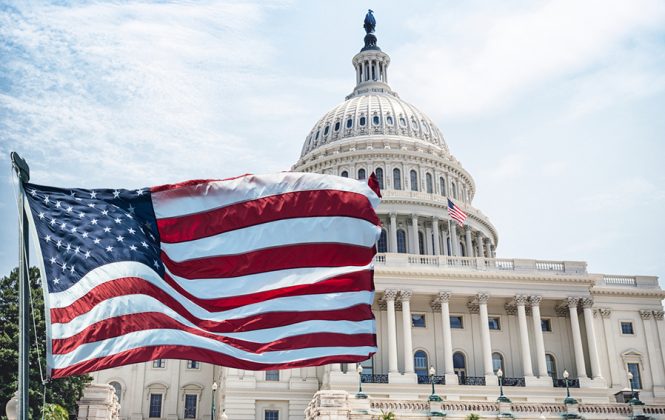The U.S. House of Representatives on Sept. 28 voted 393-8 to approve final opioid legislation (H.R. 6). A House-Senate agreement would allow states to receive federal Medicaid matching funds for up to 30 days per year for services provided to adults for substance use disorders in Institutions for Mental Diseases (IMD). An earlier version of the bill would have eliminated the IMD exclusion for only opioid and cocaine abuse.
The final 660-page opioid legislation included Senate language providing graduate medical education funding and grants to hospitals to improve access to medication-assisted treatment (MAT). It would expand the type of providers who can prescribe MAT and allow physicians to provide MAT to 275 patients, up from the current 100 patient limit.
The bill included a demonstration program to promote alternatives to opioids in emergency departments; revisions to the Hospital Consumer Assessment of Healthcare Providers and Systems questions relating to pain management; care coordination for drug overdose patients; and improvements to coordination of prescription drug monitoring programs.
The final bill did not include language to align 42 CFR Part 2 with the Health Insurance Portability and Accountability Act (HIPAA) for substance abuse.
The Senate is expected to vote on the agreement before the midterm election. President Trump has signaled he will sign the opioid legislative package.




